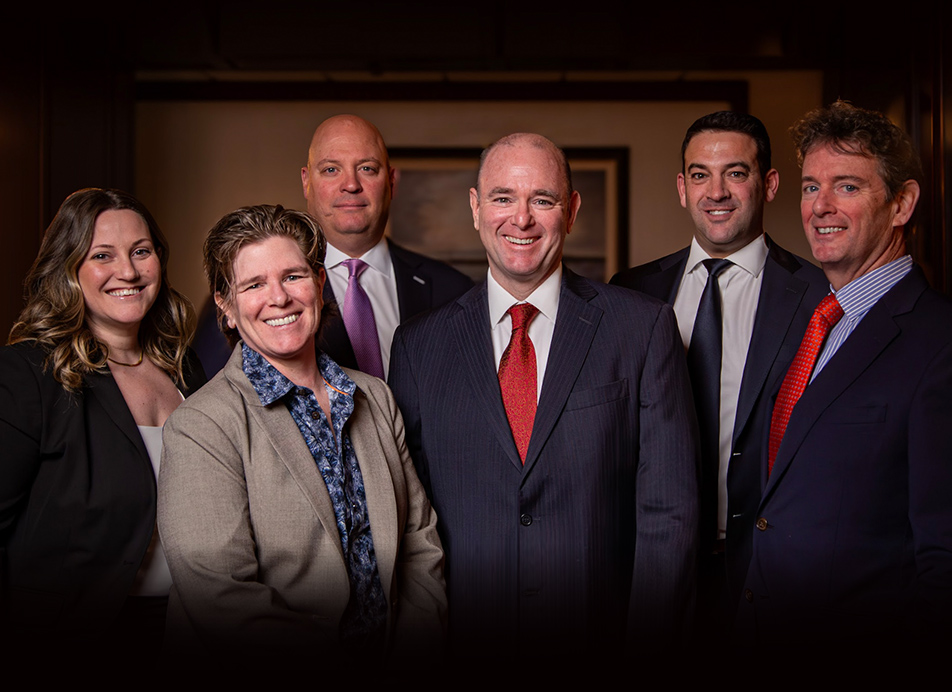Table of Contents
Long Island Lawyers Assisting the Victims of Nursing Home Negligence
The decision to place a parent or other loved one in a long-term care facility is one of the most difficult that most of us will ever make. The only thing that makes it easier is the promise that our loved one will receive a higher degree of care than would have been available through in-home care. Unfortunately, that promise is broken far too often. Nursing home negligence can take many forms, but one of the most common issues is improper medication. Depending upon the type of drug, the results of improper medication can include kidney and heart problems, drug addiction, and even a tragic death. If your family member has suffered because of negligence at a Long Island nursing home, the nursing home abuse attorneys at Duffy & Duffy can help you seek compensation for your loved one’s harm.
Taking Legal Action against Licensed Care Facilities
In negligence cases such as those involving nursing homes, a person seeking to recover financial compensation for another party’s conduct must begin with a showing that the defendant owed a duty of due care to the victim. This can be complex because several different state and federal laws may come into play in establishing the duty of care owed to a patient.
For instance, federal law prohibits the use of antipsychotic drugs as a chemical restraint because a nursing home is supposed to manage its residents in a manner that does not place the residents at undue risk. Unfortunately, this rule is sometimes ignored, with the result being that a nursing home resident may be improperly medicated with drugs intended to treat serious mental disorders, such as bipolar disorder and schizophrenia, simply to keep him or her quiet. Residents may also be given sedatives that they do not need so that they are easier to control.
Once the duty of care owed by a nursing home is established, the party seeking to recover must show a breach of that duty. Although it cannot always be proven that a facility acted intentionally, less culpable conduct may be also actionable. With most residents requiring at least one or two prescription medications and nursing homes being understaffed in many areas, mistakes are not uncommon.
Types of Potentially Available Damages
Once a legal duty has been established and it has been shown that the duty was breached, a claimant must next show that the resident suffered damages as a result of the nursing home’s conduct. Damages in negligence cases can include items like medical expenses, the costs of future treatment, and pain and suffering. When an injured person is still of working age, damages may also include lost wages or the loss of earning capacity due to disability.
There must be a causal connection between the breach of duty and the damages complained of on behalf of the resident. In other words, the claimant must prove that the nursing home’s actions directly caused harm to the injured individual, this could be physical, sexual or even financial harm.
Generally, the statute of limitations for personal injury in New York is three years. However, cases arising under the law of medical malpractice (which includes some, but not all, nursing home cases) allow only two and a half years in which to sue, and a wrongful death case must be brought within two years. An experienced attorney can determine the deadline for filing suit in a particular situation. It is important to seek counsel promptly, since the failure to bring a claim within the applicable statutory time frame will result in any potential recovery being barred.
How Can We Help?
Please complete the form below and a member of our team will get in touch with you as soon as possible.
Enlist a Long Island Attorney to Seek Compensation for Your Injuries
If you have concerns about your loved one’s experience in a nursing home on Long Island or in the surrounding area, call the injury lawyers at Duffy & Duffy to schedule an appointment with a member of our team. You can reach us at (516) 394-4200 or via the online contact form on this website.
Please be prepared to bring with you any medical records, prescriptions, bills, or other documentation concerning your family member. We have assisted individuals from Kings, Nassau, and Suffolk Counties, as well as in Queens and the Bronx. In many cases, we do not require an upfront fee to accept a case.












